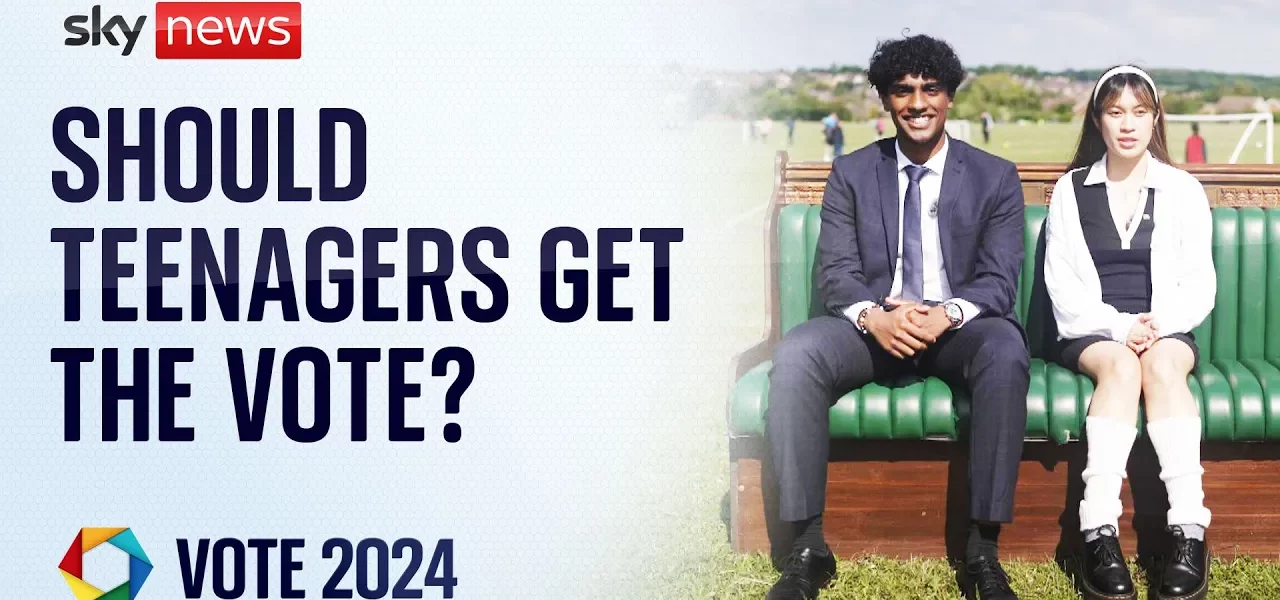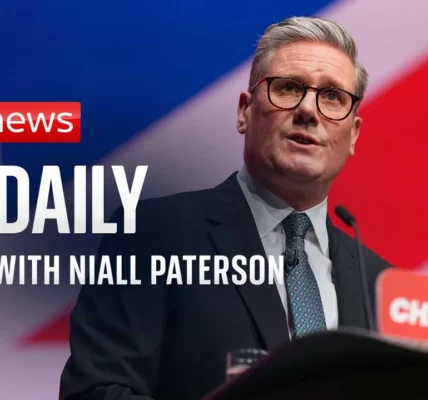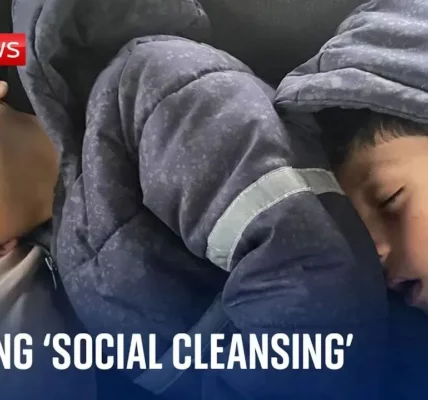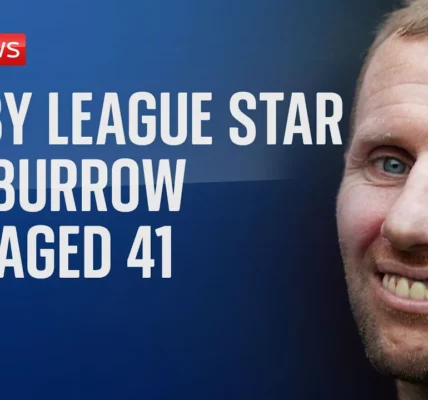Young Voices in Elections: Should They Vote?

In the realm of politics, the voices of young people often go unheard, yet they hold opinions that significantly shape the future. This article delves into the perspectives of Year 12 students from Cardinal Newman Catholic School in Luton regarding their role in the electoral process, the implications of voting rights, and the policies that affect their lives.
Introduction
The topic of youth engagement in politics is increasingly relevant, especially as upcoming elections introduce policies that will directly impact younger generations. A recent discussion with Year 12 students highlighted their insights on the voting process, their feelings about being excluded from it, and the crucial issues at stake. This article aims to provide a comprehensive overview of their thoughts, the significance of their voices, and the broader implications for society.
The Importance of Youth Voices in Politics
Young people, particularly those aged 17 and 18, are on the cusp of adulthood and face significant challenges that will shape their futures. Their exclusion from the voting process raises questions about representation and the maturity needed for political engagement.
Understanding the Maturity Argument
Many students expressed mixed feelings about their readiness to vote. Some believe:
- The maturity required for making informed decisions might not yet be developed.
- There is a lack of education regarding political issues affecting their lives.
The Impact of Policies on Young Lives
Despite their inability to vote, students acknowledged that the policies enacted will significantly affect them, leading to feelings of disappointment and frustration. Key policies discussed included:
- Community service requirements at age 18.
- Changes to smoking laws.
- Mandatory math education.
Engagement with Social Media and Political Satire
The rise of social media has transformed how young people engage with politics. Platforms like TikTok have become battlegrounds for political discourse, often using humor and satire to address serious issues.
Examples of Political Satire
Students highlighted various social media trends, such as:
- A viral video featuring Rishi Sunak that humorously critiqued his policies.
- Memes that mock the Conservative Party’s stance, making political discussions more accessible.
The Role of Peer Influence
Peer pressure and family opinions also play a significant role in shaping young people’s political views. Many students feel:
- They are often influenced by their parents’ political affiliations.
- Friends can sway their opinions through discussions and shared content.
Concerns About Mandatory National Service
One of the most contentious policies discussed is the proposal for mandatory national service. Students expressed a range of opinions on the idea of military service:
Mixed Reactions to Military Service
Some students find the idea daunting and unnecessary, citing historical context:
- The last implementation of such a policy was in the 1960s.
- Many believe the current generation should not be compelled to join the military.
Understanding the Rationale Behind National Service
Conversely, a few students defended the concept, suggesting it could instill discipline and a sense of responsibility. They argue that:
- National service could foster community engagement.
- It might help young people develop crucial life skills.
Conclusion
The insights shared by the students at Cardinal Newman Catholic School paint a vivid picture of the complexities surrounding youth involvement in politics. While they may not have the right to vote, their opinions and feelings about policies affecting their lives are crucial. Engaging young people in political discussions is essential for fostering a more inclusive democratic process. It is imperative to recognize that their futures are being shaped by decisions made today, prompting a call to action for policymakers to listen to these emerging voices.
For further exploration of youth political engagement and its implications, consider reading our articles on Youth Political Engagement and The Impact of Social Media on Politics.
“`




